Born south of the City of Providence in West Warwick, Rhode Island, Atman is a Producer, Artist, and Engineer under the Independent Publishing/Recording Label, Spiritz Music Group. With over 1200 instrumentals, 80+ Individual Songs, 5 Self-Produced Albums, and 4 Mixtapes on his resume, Atman is bringing back innovation to the historically ground-breaking genre of rap music and Hip-Hop culture. Since 16, Atman has been cultivating his talents and combining his passion for both the creation and technical study of sound. His deadly combination of lyricism and soundscape offer a euphoric, yet highly energetic experience for the listener. Atman recently shared his thoughts in an exclusive interview with Jamsphere.
- How long have you been in the music business and how did you get started in the first place?
Atman: I’ve been in the music business for about 4 years, but I started before college when I was 18. I was able to start producing using Fruity Loops, MIDI Keyboards, and have been writing since Middle School. It wasn’t really until after college where I put a complete and consistent effort into my craft.
- Who were your first musical influences that you can remember?
Atman: Frederick Chopin, James Yancey (J Dilla), and Andre 3000 of Outkast. I like to surround myself with the music I listen to, and these people have managed to grip me with their unique approach to the arrangement of sound, countless times. What they’ve been able to do is mesmerizing and it’s managing to influence me, directly and indirectly.
- Which artists are you currently listening to? And is there anyone of these that you’d like to collaborate with?
Atman: Florence + The Machine, Chance The Rapper, Future, Quest, Drake, & Travis Scott, just to name a few. I would most want to collaborate with Florence. She’s got such a great voice, and manages to sound good on anything, effortlessly.
- Have you suffered any ‘resistance’ from within the industry, and if so how have you handled that, and how do you handle criticism and naysayers in general?
Atman: I wouldn’t call it resistance, it’s more like ignorance. There are so many artists reaching for the main stage, it’s impossible for anyone, even a true curator, to know about all of them. The services don’t exist to support that type of music discovery in an effective way. The way I handle it, is that I am confident anyone who does hear my music will be able to comfortably and honestly recommend it to people they trust. They’ll have an enjoyable experience. I stand firmly by its quality and execution.

- What are your thoughts on visual media and Youtube? Do think that video is an appropriate marketing tool for your music, and how do you produce your visual media?
Atman: Videos are definitely critical. They are another opportunity to express what the content of your music is meant to represent. Sometimes it’s something whimsical, but other times it’s quite serious. I haven’t had the fortune of shooting my own video, yet, but it is on the itinerary, especially for my upcoming releases. We’ll be independently shooting our videos.
- Which do you ultimately prefer? Entertaining a live audience or creating songs in a studio setting?
Atman: I prioritize the necessary, over the opportunity. The songs need to be made, and made well, before they can become performance pieces, so I lean towards the studio experience. With that said, live performances are an incredible, exhilarating experience, and it’s a goal to perform in front of as many people as possible during my lifetime.
- Essentially how do you produce your sound? Is it loops, samples and software based or do you also dabble with real live instruments?
Atman: I produce using software sequencers and keyboards. When I can, I introduce live instruments into the equation, and I also use samples. I actually started producing when I was 16 using samples. It depends on the type of song and feeling I’m trying to create. Live, I’m best in front of a piano, but I’m beginning to pick up some additional instruments as well.
8. Which piece of hardware or software would you consider the most essential in your Production setup?
Atman: Fruity Loops and my Yamaha MIDI Keyboard are most essential, followed by an array of plug-ins, electronic instruments, custom sound packages, and live recordings.
- Which ingredient do you think makes you special and unique as a performing artist in a genre thriving with newcomers and wannabes?
Atman: The soundscape and lyrical combination I present is what I feel separates me from any artist. Over the years, I’ve spent a lot of time implementing aspects of my personality into my music, and the result of that is the soundscape and lyrical precision heard in my music. It’s unique, because it’s a careful mixture of my personality and what I represent as an individual.
- If you were forced to choose only one, which emotion, more than any other drives you to be a part of this tough business. Is it joy, anger, desire, passion or pride and why?
Atman: Joy. There is a sincere elation I get from translating a thought into a sound, especially when it comes out exactly as envisioned. It’s an infinitely rewarding process that never gets old.
- Which aspect of being an independent artist and the music making process excites you most and which aspect discourages you most?
Atman: The most discouraging part of being independent is that you really have to put a lot of effort into exposing yourself to your audience and the general public. There is no engine in the background churning the promotion your project deserves. The most encouraging part is the expressive freedom that comes with owning all of your own material.
- How do you market and manage your music career? Do you have a management team or do you control everything by yourself?
Atman: I have management teams I work with, but there is a tight control over the activities and expense. I like to be hands on, and close to the promotional activities. Given this, I always need my management team. It’s impossible to make music and manage it at the same time, effectively. Help is always needed.
- How do you achieve your great sound? Do you work exclusively a private home recording environment or do you use a commercial sound studio too?
Atman: I work exclusively in a private home recording studio, but it’s built to mimic a commercial studio. A lot of the equipment is what you would find in one. With that said, I do use commercial studios for certain songs, especially if there are live instruments needed, or if I need the expertise of another engineer.
- The best piece of advice in this business you actually followed so far, and one you didn’t follow, but now know for sure that you should have?
Atman: The best advice I’ve ever followed was to never give up. When you create a great piece of work, and it falls on deaf ears, that’s the most testing moment of your music career. It’s a challenge not only to repeat the great music, but a lesson on how important managing the music is as well. Some advice I didn’t follow that I wish I did was not having management help earlier in my music career.
- Gives us your personal shortlist of hip hop’s 3 greatest producers – living or dead?
Atman: James Yancey (J.Dilla). He’s always first, and leagues ahead of his competition, if you can even call it that. Next would be 9th Wonder, and then Kanye West.
- Do you consider Internet and all the social media websites, as fundamental to your career, and indie music in general, or do you think it has only produced a mass of mediocre “copy-and-paste” artists, who flood the web, making it difficult for real talent to emerge?
Atman: The internet is absolutely fundamental. The copy-and-paste artists on it are simply a result of how easy it is to produce your own music. I can’t fault the internet for that. What I do fault the internet for, is for marginalizing the real talent that does exist, and generally turning art into a cheap commodity. Major Labels, instead of allowing the artist to make more of the cut, simply allowed the overall revenue to dwindle away.
- If someone has never heard your music, which 3 keywords would you personally use to describe your overall sound and style?
Atman: Euphoric, Precise, & Mesmerizing.
- Straight off the top of your head, how would you describe the current state of Hip-hop?
Atman: Real wild. A whole slew of mediocre artists, mixed with a few good ones, that still manage to churn out really terrible, uncreative music, that isn’t moving society forward artistically in any way, shape, or form. Every few months or so, we get a serious artist with something to offer. It’s much different than the Golden Age of the 90s, but there are still great artists.
- As you work your way through your career, which more than any other fires-up your imagination – A Grammy award, Platinum music sales or some other tangible milestone?
Atman: The allure of a Grammy Award or Platinum Sales has been lost to me. My real drive is to be able to create music that is objectively great, and that can, at the minimum, financially sustain me, so that I can put even more effort into its craft and poise. My personal goal is to have one of the greatest discographies of any artist, regardless of genre, as said by the people.
- What is the ONE thing you are NOT willing or prepared to do EVER, in your quest to achieve a successful musical career?
Atman: Sacrifice my personality or principles.
OFFICIAL LINKS: WEBSITE – ITUNES – SPOTIFY – SOUNDCLOUD – TWITTER

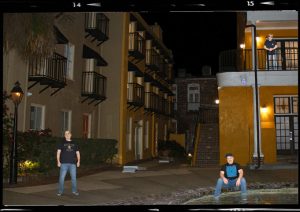






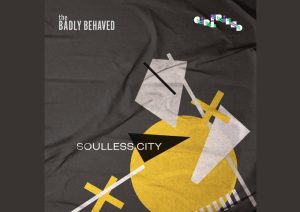


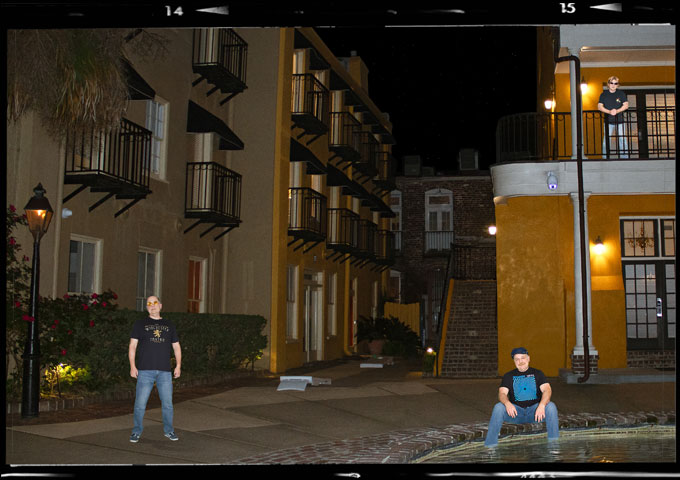








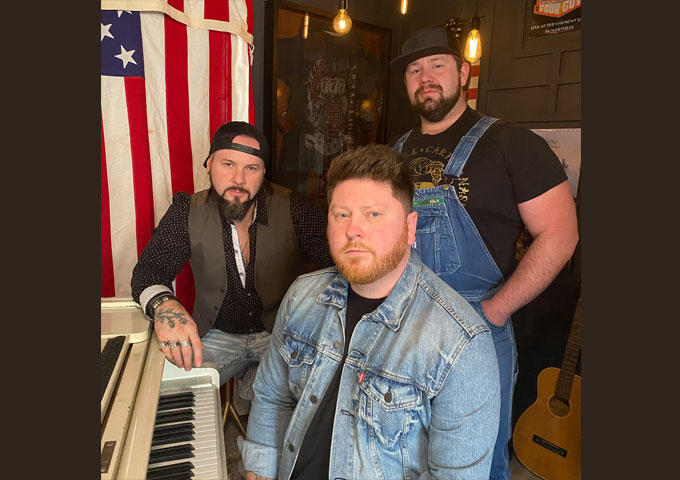
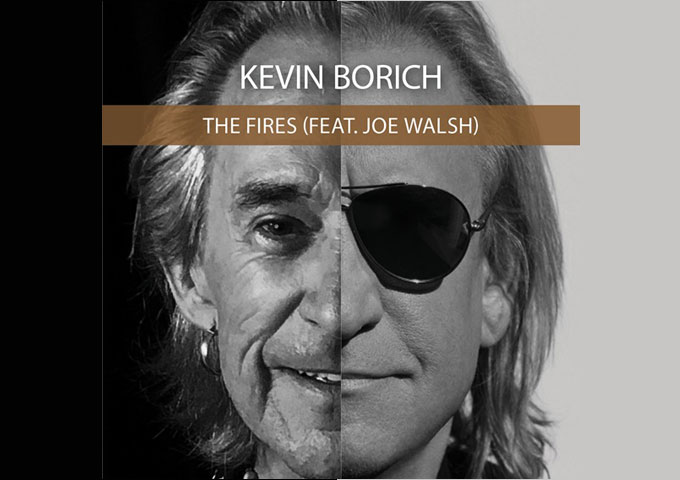
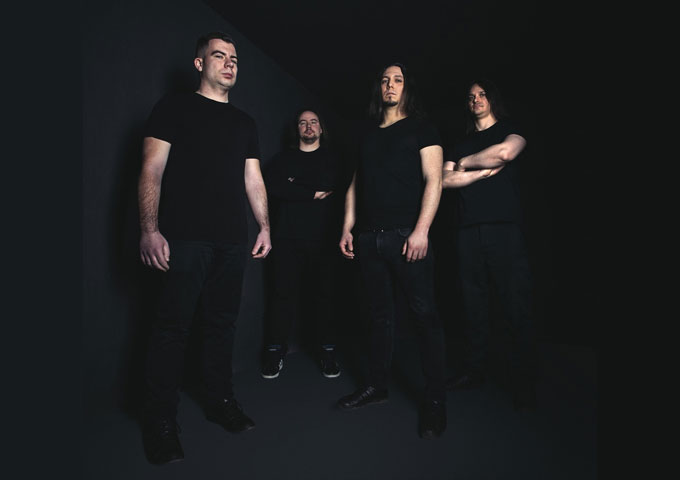
+ There are no comments
Add yours